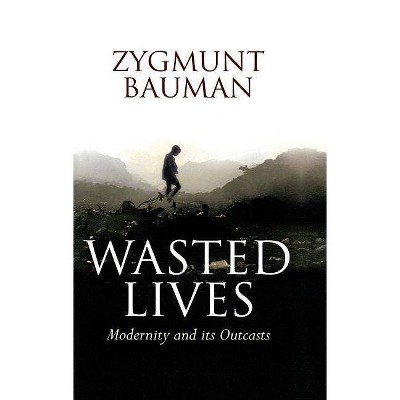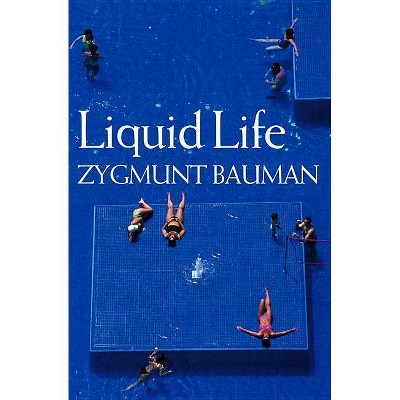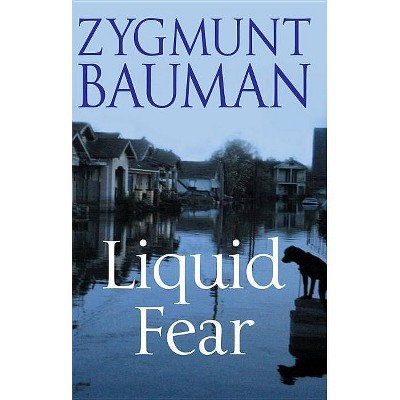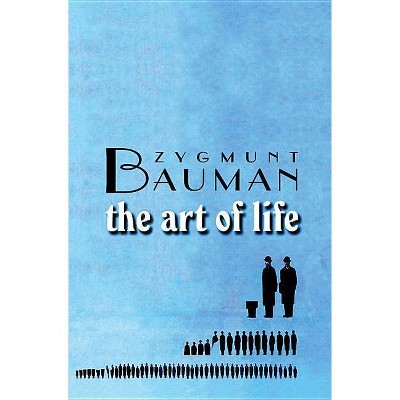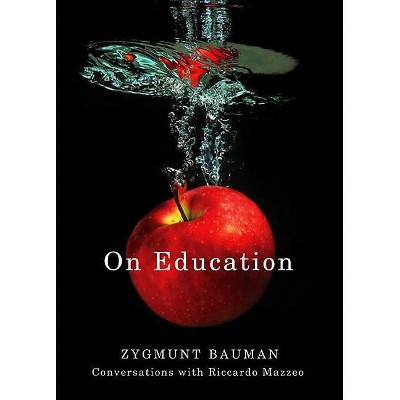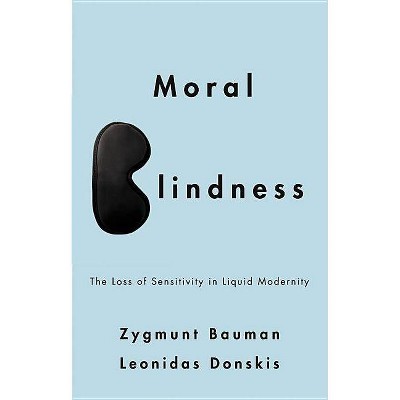Community - (Themes for the 21st Century) by Zygmunt Bauman (Paperback)
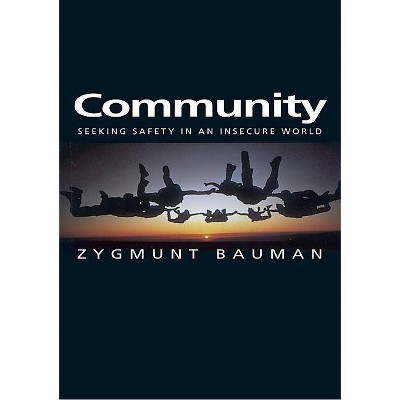
Similar Products
Products of same category from the store
AllProduct info
<p/><br></br><p><b> About the Book </b></p></br></br>In this important new book, Zygmunt Bauman takes stock of these opportunities and dangers and, in his distinctive and brilliant fashion, offers a much-needed reappraisal of a concept that has become central to current debates about the nature and future of our societies.<p/><br></br><p><b> Book Synopsis </b></p></br></br>'Community' is one of those words that feels good: it is good 'to have a community', 'to be in a community'. And 'community' feels good because of the meanings which the word conveys, all of them promising pleasures, and more often than not the kind of pleasures which we would like to experience but seem to miss.<br /> <br /> <br /> 'Community' conveys the image of a warm and comfortable place, like a fireplace at which we warm our hands on a frosty day. Out there, in the street, all sorts of dangers lie in ambush; in here, in the community, we can relax and feel safe. 'Community' stands for the kind of world which we long to inhabit but which is not, regrettably, available to us. Today 'community' is another name for paradise lost - but for a paradise which we still hope to find, as we feverishly search for the roads that may lead us there.<br /> <br /> <br /> But there is a price to be paid for the privilege of being in a community. Community promises security but seems to deprive us of freedom, of the right to be ourselves. Security and freedom are two equally precious and coveted values which could be balanced to some degree, but hardly ever fully reconciled. The tension between security and freedom, and between community and individuality, is unlikely ever to be resolved. We cannot escape the dilemma but we can take stock of the opportunities and the dangers, and at least try to avoid repeating past errors.<br /> <br /> <br /> In this important new book, Zygmunt Bauman takes stock of these opportunities and dangers and, in his distinctive and brilliant fashion, offers a much-needed reappraisal of a concept that has become central to current debates about the nature and future of our societies.<p/><br></br><p><b> From the Back Cover </b></p></br></br>'Community' is one of those words that feels good: it is good 'to have a community', 'to be in a community'. And 'community' feels good because of the meanings which the word conveys, all of them promising pleasures, and more often than not the kind of pleasures which we would like to experience but seem to miss. <p><br /> 'Community' conveys the image of a warm and comfortable place, like a fireplace at which we warm our hands on a frosty day. Out there, in the street, all sorts of dangers lie in ambush; in here, in the community, we can relax and feel safe. 'Community' stands for the kind of world which we long to inhabit but which is not, regrettably, available to us. Today 'community' is another name for paradise lost - but for a paradise which we still hope to find, as we feverishly search for the roads that may lead us there.</p> <p><br /> But there is a price to be paid for the privilege of being in a community. Community promises security but seems to deprive us of freedom, of the right to be ourselves. Security and freedom are two equally precious and coveted values which could be balanced to some degree, but hardly ever fully reconciled. The tension between security and freedom, and between community and individuality, is unlikely ever to be resolved. We cannot escape the dilemma but we can take stock of the opportunities and the dangers, and at least try to avoid repeating past errors.</p> <p><br /> In this important new book, Zygmunt Bauman takes stock of these opportunities and dangers and, in his distinctive and brilliant fashion, offers a much-needed reappraisal of a concept that has become central to current debates about the nature and future of our societies.</p><p/><br></br><p><b> Review Quotes </b></p></br></br><br>These books mark an important advance in Bauman's project. He seems to be trying to bring the intellectuals back into the game, twitting them for their passivity. Bauman wants social critics to take a more active role, taking a lead by showing how the relationships between individuals and society and between the private and public spheres may be rearticulated and the spirit of the <i>agora</i> restored to social and political life. <br /> <p><b><i>British Journal of Sociology</i></b><br /> </p> <p>This book is an example of what social thought can be when it is carried out in terms of the highest of qualities. As such, it demands to be read for two reasons; first, because of the fascinating and new light it casts on otherwise well-worn debates and second, as a call to arms.<br /> </p> <p><i><b>Contemporary Sociology</b></i><br /> </p> <p>Bauman's argument is convincing and well substantiated. This book forms an interesting and stimulating starting point for anyone wishing to dig deeper into this field.<br /> </p> <p><i><b>Gary Pattison, University of Southampton. Network</b></i></p><br><p/><br></br><p><b> About the Author </b></p></br></br><b>Zygmunt Bauman</b> is Emeritus Professor of Sociology at the Universities of Leeds and Warsaw.
Price History
Price Archive shows prices from various stores, lets you see history and find the cheapest. There is no actual sale on the website. For all support, inquiry and suggestion messages communication@pricearchive.us
